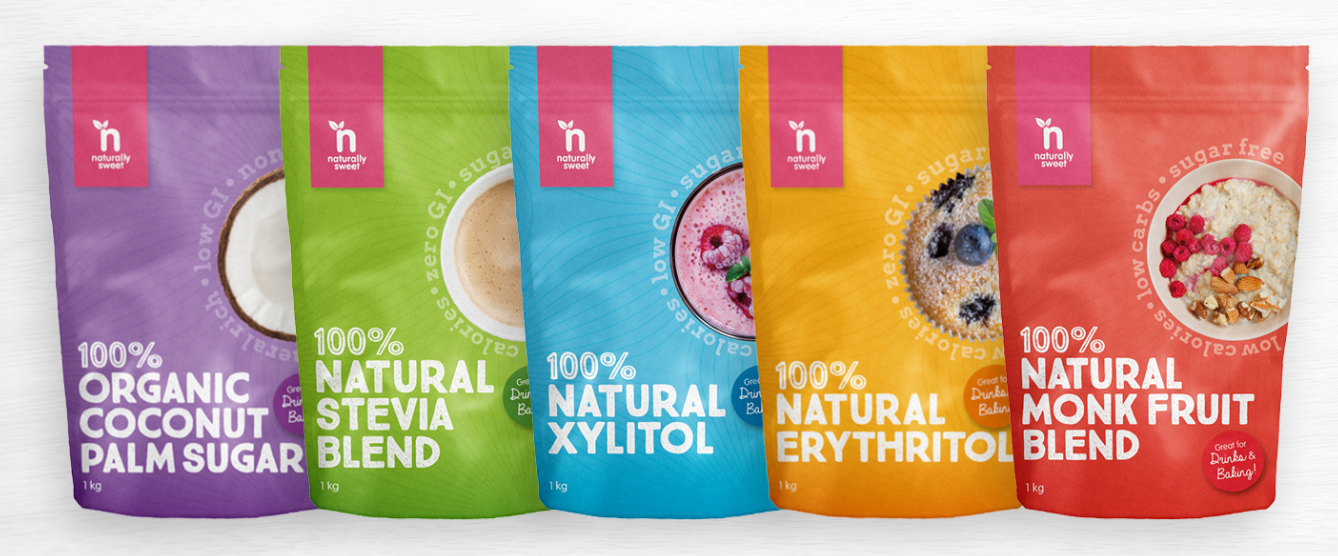Will diabetics be able to say goodbye to needles and pinpricks in the future?
Naturally Sweet Products
As many diabetics will know, having to regularly use needles and pinpricks to measure blood glucose levels can be an exhausting process, let alone painful. Yet a team of Dutch scientists may have found a solution to this problem, in the form of a new biosensor chip that can detect glucose in bodily fluids such as sweat or tears. The group of researchers, from a firm called Fraunhofer, have designed this chip - which measures only 0.5 x 2.0 millimetres. Tom Zimmerman, the business unit manager at the Fraunhofer Institute for Microelectronic Circuits and Systems (IMS), said that the information received by the sensor would then need to be transmitted to another device, like a mobile. "The biosensor transmits the data via a wireless interface, for example to a mobile receiver," he said in a statement. "Thus, the patient can keep a steady eye on his or her glucose level." Although this research is still in the early stages - and it may be a long time before a device like this is available to the public - it may come as good news for diabetics who dread the regular pinpricks that come with having the condition. As technology progresses, new inventions like this are slowly coming to light, and will hopefully bring amazing benefits to healthcare in the future. In the meantime, however, it is important that diabetics follow the guidelines set out by their medical practitioner. There is currently no cure for this condition, but there is plenty of research and support for those living with it. It is particularly important for diabetics to follow a balanced, healthy diet. While they may be able to include some sugar in their diet, it is recommended that they are careful in this area - and use a sugar replacement when possible. Some examples of good natural sweeteners include Stevia and Xylitol. These are both low in calories yet high in flavour, and can be used in nearly everything that sugar can, including baking and hot drinks. Speak to your nutritionist to see if Stevia extract or Xylitol sweetener is right for you. You can find more detailed information about diabetes and diet by visiting the Diabetes Australia website.



